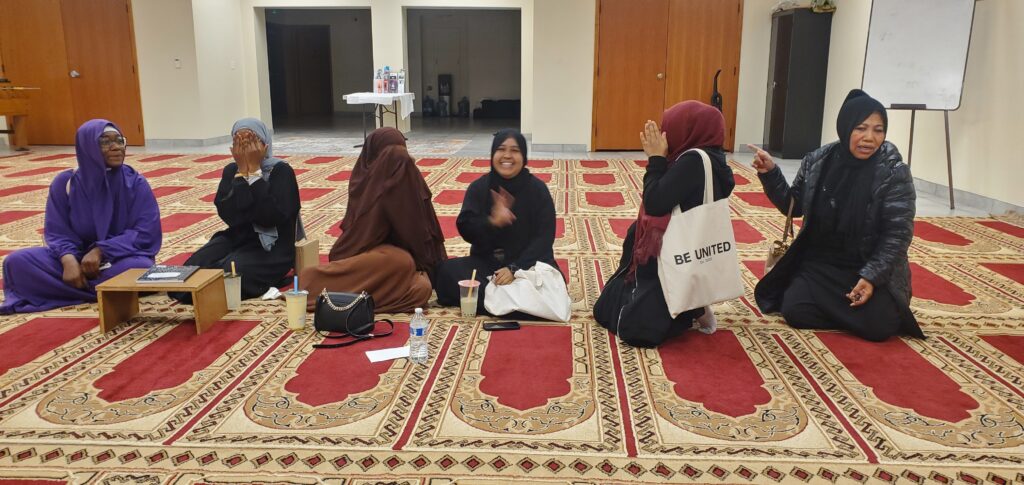Ramadhan is more than a month of fasting—it’s a divine training ground for the soul. Allah tells us in the Quran: “O you who believe, fasting has been prescribed for you as it was prescribed for those before you, so that you may attain taqwa (God-consciousness).”(Quran, Al-Baqarah 2:183)
The true purpose of Ramadhan is to cultivate taqwa—a deep awareness of Allah in our hearts, guiding our actions, thoughts, and intentions. Through fasting, we learn discipline, self-restraint, patience, and heightened mindfulness. Our hearts soften, our generosity increases, and our worship becomes more sincere.
But the end of Ramadhan is not the end of our journey. The true sign of a spiritually accepted Ramadhan is how we carry its lessons forward. The goal is to let the strength and clarity we gained continue to shape our daily lives.
To continue developing taqwa after Ramadhan, we can:
- Maintain regular worship, especially our daily prayers and Qur’an recitation
- Keep our hearts alive with dhikr, the remembrance of Allah
- Fast voluntary days, like Mondays and Thursdays, and the six days of Shawwal
- Guard our speech, gaze, and intentions, just as we did while fasting
- Give charity consistently, even in small amounts
- Stay connected to righteous company and environments that nurture faith
- Make du‘a regularly, asking Allah to keep our hearts steadfast
- Build good habits and noble character, one step at a time, with sincerity and consistency
Ramadhan is a divine gift — but its true impact is revealed in what we do once it passes. If it brought us closer to Allah, then let us hold onto that closeness. For the believer, every day is an opportunity to grow in taqwa — until we reach our final and most important meeting: the meeting with Allah.
May that meeting be the best of all meetings. Aameen.


